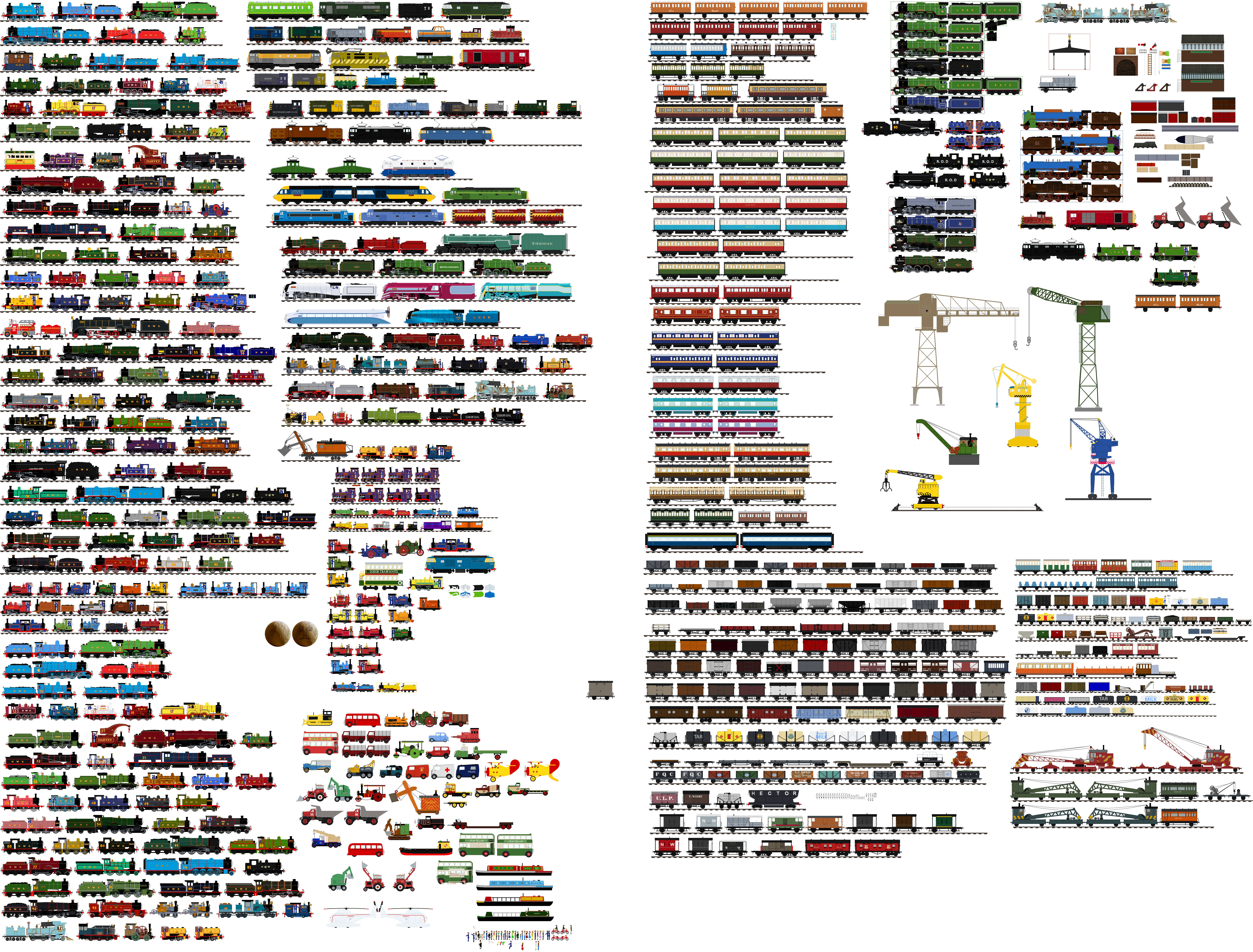HOME | DD
 Swiftwin4ds — A lot to take in
Swiftwin4ds — A lot to take in

Published: 2019-12-21 18:43:01 +0000 UTC; Views: 396; Favourites: 8; Downloads: 0
Redirect to original
Description
"Firstly, you'll get funny looks if you call this the North Western Railroad." He began. "Here in England it's called a railway." Josh listened as Hank began to explain how things worked on the Island and elsewhere in England. "Engineers are called drivers and stokers firemen. Sir Topham Hatt is the controller, rather than the dispatcher. The towers along the line, they call them signalboxes and the men in them are called signalmen." He added."Why is everything so different here?" Josh wondered.
"Didn't you have to cross over an entire ocean to get here?" Hank said. "That's partially why. England and America are two different countries. That's part of why they run on the left side of the tracks here and we ran on the right. I have been told that some railways here did run on the right side, for a while at least."
"Well, I guess that makes sense." Josh replied.
"Locomotives are known as engines. Freight cars are called trucks or wagons in a general sense. Tankers, well, they're the same. Flatcars are called flatbeds. Boxcars are called vans and gondolas are called wagons. Cabooses are called brakevans. Passenger cars are called coaches. Switching is called shunting, and instead of tender engines they use tank engines, it's a lot more efficient. Adding and cutting is coupling and uncoupling." Hank continued. "Your 'stack is called a chimney here, and your throttle a regulator. Your driver reverses you with your..."
"Johnson bar?" Josh wondered, cluelessly.
"Reverser, silly!" Hank answered his own question. "American rolling stock all run on trucks, or as they call them here bogies, both freight cars and passenger cars, whereas a lot of British rolling stock run on a rigid chassis as well as on bogies for larger vehicles." Hank explained, going into varying depths of detail on all kinds of other railway parlance and the way that railways on their side of the world worked. It was as if Josh was on the verge of information overload.





















